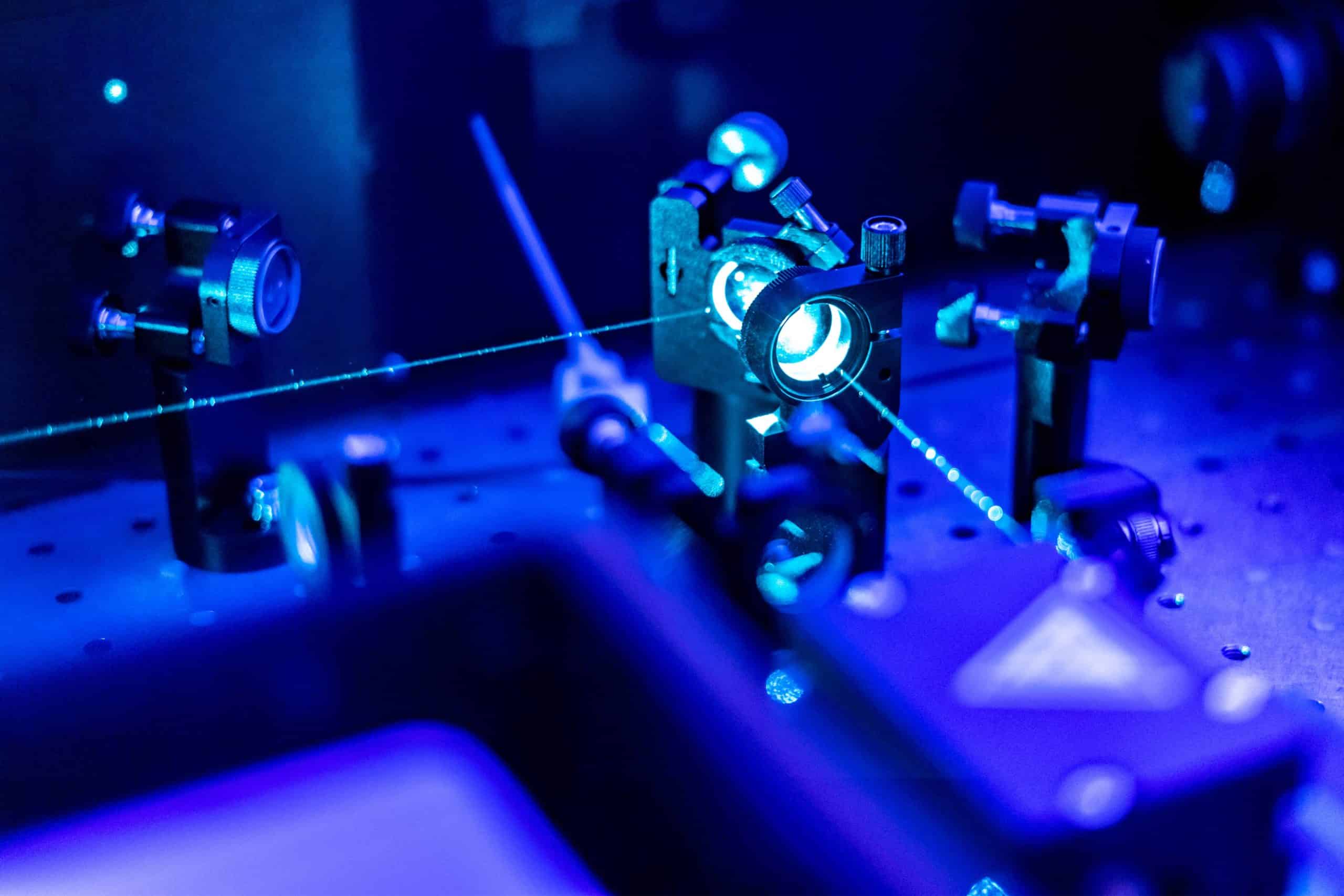Contents

Source: Wikipedia
The World of Scientific Lasers
Introduction to Scientific Lasers
Scientific lasers play a crucial role in various fields of research, including physics, chemistry, and biology. They are also utilized in applications such as atmospheric monitoring with LIDAR and the development of novel laser technologies.
Specifications of Scientific Lasers
Scientific lasers often require cutting-edge performance, surpassing the capabilities of industrial lasers. These lasers are tailored to meet specific and sometimes extreme specifications, making them indispensable tools for research and experimentation.
Specialized Features
Scientific lasers may offer features such as ultra-high precision, exceptional beam quality, and unique operational parameters that are not typically found in industrial laser systems. These specialized features enable scientists to conduct experiments and studies that demand the utmost precision and control.
Relaxed Requirements
While scientific lasers excel in meeting stringent performance criteria, they may have relaxed requirements in terms of robustness and continuous operation. Unlike industrial settings, scientific laboratories provide a controlled environment that is less prone to external disturbances, allowing for more delicate laser constructions.
Fabrication of Scientific Lasers
The fabrication of scientific lasers involves meeting extreme specifications, leading to limited availability and higher production costs. Specialized manufacturers or dedicated branches within larger laser companies often cater to the scientific laser market, ensuring that the unique demands of researchers are met.
Customized Solutions
In cases where off-the-shelf scientific lasers do not meet specific requirements, custom solutions may be developed in collaboration with manufacturers. This tailored approach ensures that scientists have access to laser systems that align with their experimental needs, albeit at a higher cost.
Challenges in Production
Manufacturers of scientific lasers face challenges in addressing the niche market, including adapting to low fabrication volumes, specialized service requirements, and the distinct culture of scientific environments. Marketing strategies and production methods are tailored to suit the unique demands of the scientific laser market.
Conclusion
Scientific lasers represent a vital tool for researchers across various disciplines, offering unparalleled precision and performance for demanding applications. By understanding the specialized nature of scientific lasers and the intricacies of their fabrication, manufacturers and scientists can collaborate to drive innovation and discovery in the field of photonics.

Source: Noble Clinic
Feel free to comment your thoughts.



